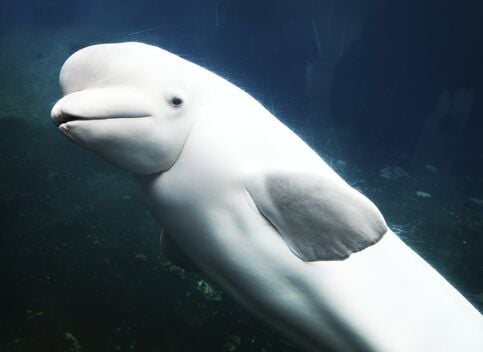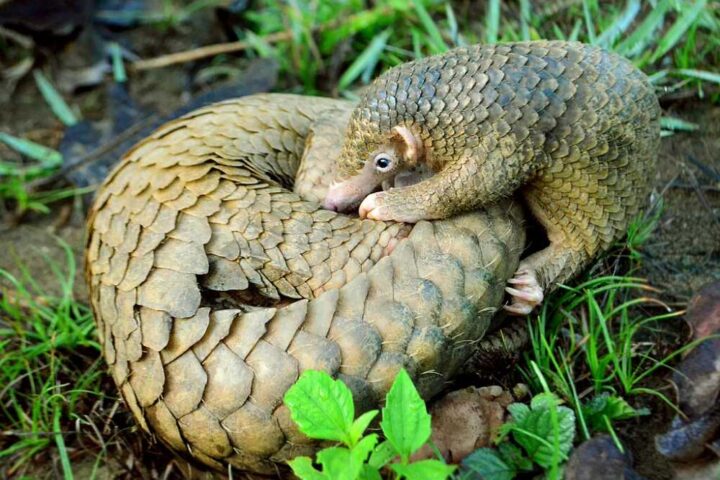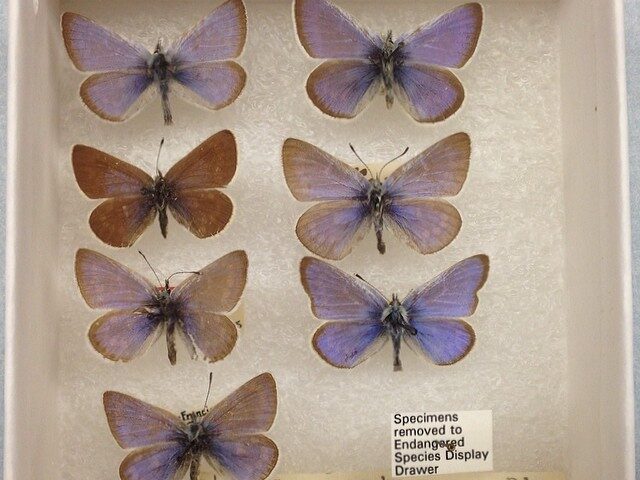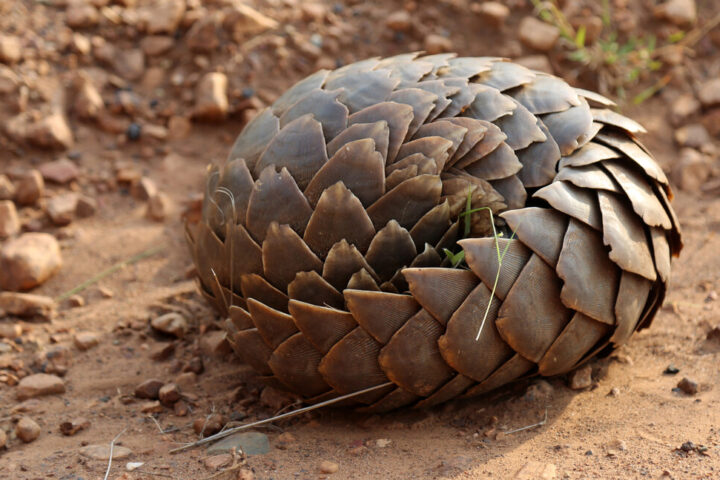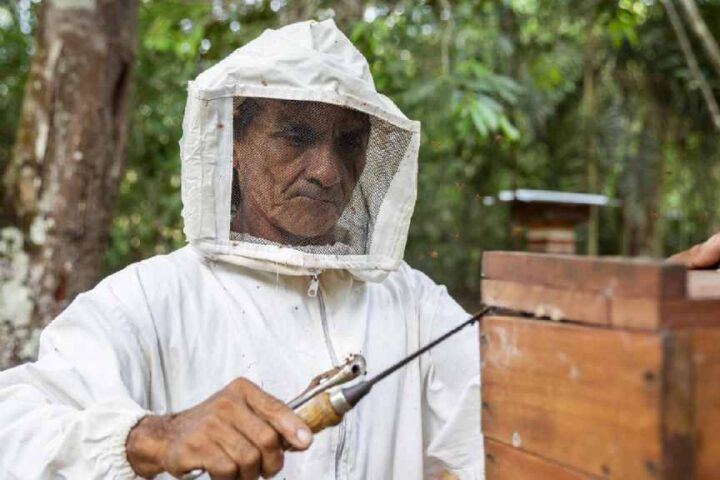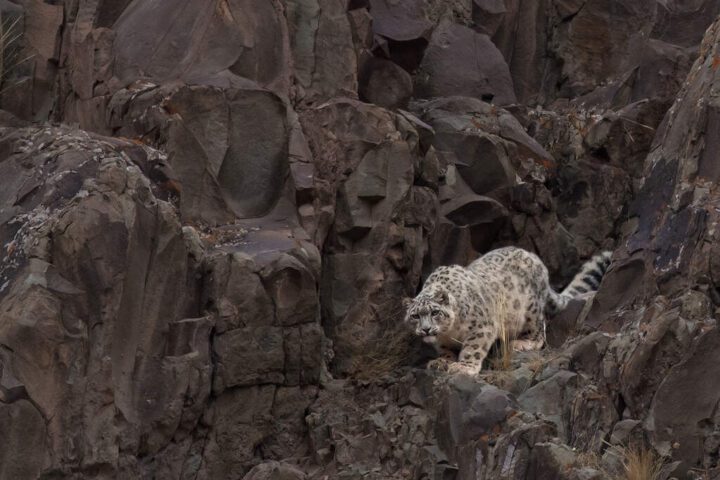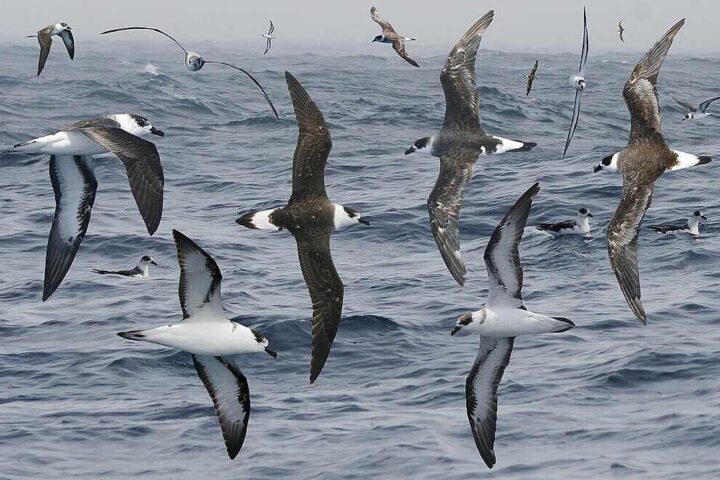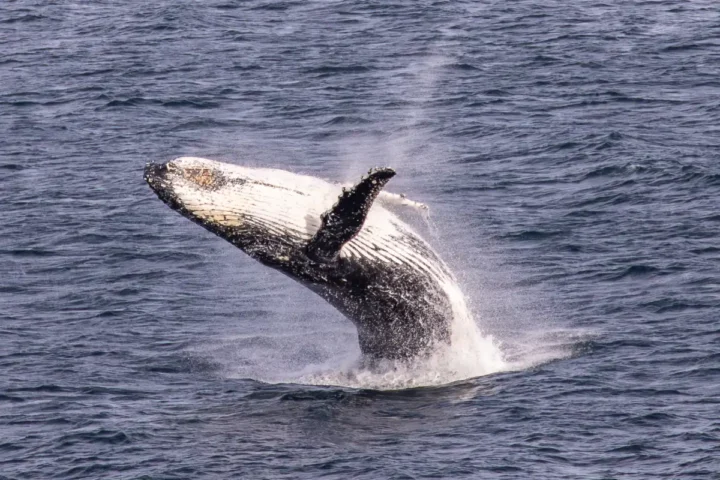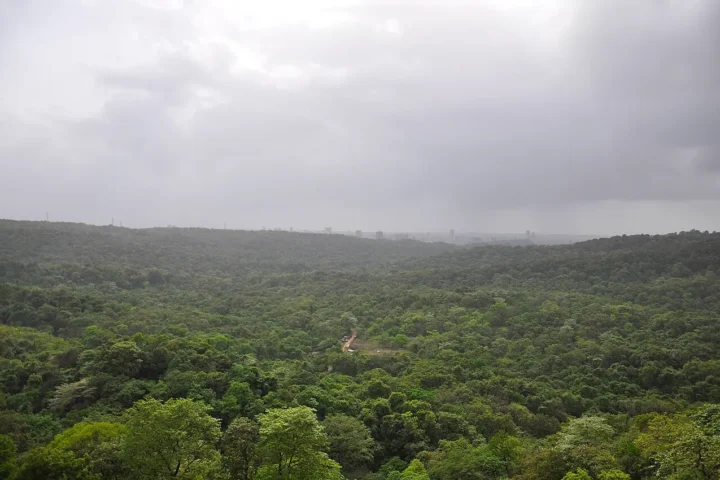A legal battle has erupted in Alaska as environmental groups take on the U.S. Army Corps of Engineers over a gold mining project that threatens one of America’s most endangered whale populations.
The lawsuit, filed on May 20, 2025, aims to block a permit for gold mining exploration near Cook Inlet, home to a critically endangered beluga whale population that has plummeted from 1,300 in 1972 to just 331 whales in 2022.
Cook Inletkeeper, the Center for Biological Diversity, and the Chickaloon Village Traditional Council are challenging the Corps’ decision to issue a Clean Water Act permit for Contango Ore’s Johnson Tract gold mining exploration project.
The project sits at the headwaters of the Johnson River, which flows through Lake Clark National Park before emptying into Cook Inlet. Environmental groups warn that acid mine drainage and other contaminants could leak into these waters, harming not just belugas but also salmon runs, bears, wolves, and other wildlife.
“The Army Corps’ failure to assess the risk of acid mine drainage or consider impacts to the critically endangered Cook Inlet beluga whale is a grave lapse in environmental oversight,” said Satchel Pondolfino of Cook Inletkeeper.
Similar Posts
The permit allows Contango Ore to build a haul road through the upper Johnson River watershed and expand an airstrip for large cargo aircraft. Flight paths would likely cross Tuxedni Bay, recently identified as the only known winter feeding ground for Cook Inlet belugas.
Noise pollution poses a major threat to belugas, which rely on sound for navigation, communication, and finding food. The lawsuit claims the Corps failed to consult with NOAA Fisheries about potential harm to the whales, violating the Endangered Species Act.
“It’s outrageous that the Army Corps signed off on this disruptive, destructive project without looking at how it could harm belugas and other wildlife,” said Marlee Goska, Alaska staff attorney at the Center for Biological Diversity.
The legal challenge comes as NOAA Fisheries has delayed its next aerial survey of the beluga population until June 2025. While the 2022 count suggests the population may be stabilizing after years of decline, the whales remain perilously close to extinction.
Traditional Chief Gary Harrison of Chickaloon Village Traditional Council emphasized the broader stakes: “Developing a gold mine here would be environmentally catastrophic to the entire Cook Inlet ecosystem. Acid mine drainage, metal leaching, and gold mining toxics would devastate these waters, which support humans and the healthy foods necessary for our survival.”
The lawsuit asks the court to rescind the permit and stop further project activities. Contango Ore’s mining exploration project on the Johnson Tract inholding could begin at any time. The land is owned by Cook Inlet Region, Inc., an Alaska Native corporation.
Filed in the U.S. District Court in Anchorage, the lawsuit claims the Army Corps violated the Clean Water Act, the Endangered Species Act, and the National Environmental Policy Act in granting the permit.
While Contango Ore frames the current activities as exploration, environmental groups see them as the first step toward a full-scale gold mine that would permanently alter the watershed and threaten the beluga’s future.
As the case unfolds, the Cook Inlet belugas—known for their distinctive white color and high intelligence—continue their precarious existence in one of America’s most industrialized marine environments.
